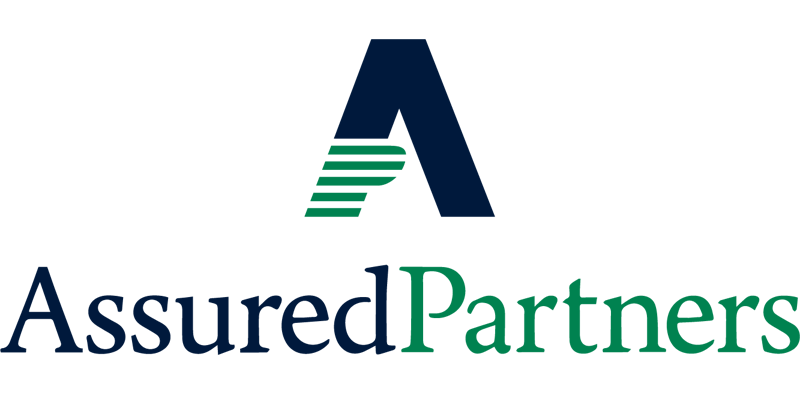Taunton Office
Welcome to Our Taunton Office
We offer a free initial consultation with one of our experts to provide valuable advice and understand your business. Our highly experienced team is renowned for delivering trusted coverage on the best financial terms for your business.
With our extensive range of business insurance options, we excel in guiding businesses through the process of finding the optimal coverage combination. We’ll assess your specific needs and create a personalised package that ensures the most comprehensive coverage at the best possible price.
Regulatory Information
AssuredPartners is a trading name of PSP Insurance and Financial Solutions Ltd, which is authorised and regulated by the Financial Conduct Authority, FRN 303461. Registered in England & Wales no. 04616351. The Risk Management services are not regulated by the Financial Conduct Authority.






